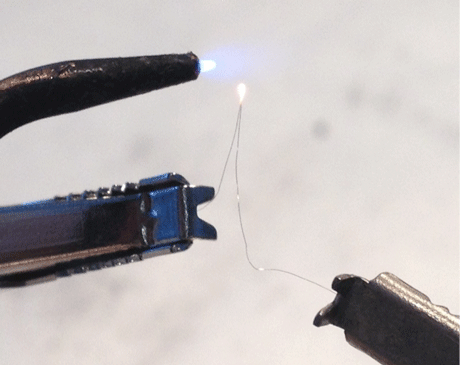My project revolves around high temperature proton exchange membrane fuel cells (HT-PEMFCs). The general purpose is to improve the understanding of their main degradation issues. This is essential for prolonging the lifetime of these energy conversion devices, which is currently insufficient for widespread incorporation into the developing renewable energy economy. The main purpose of my activities is to increase durability in ideal stationary applications, but also in scenarios that differ significantly from ideal fuel cell conditions such as those experienced in vehicles. Pursued by combined development and optimization of materials, component design and operating conditions, the goal is to meet the lifetime targets set in the national Danish HT-PEM roadmap.
My work is focussed on fundamental fuel cell material issues. These are evaluated primarily by durability tests and subsequent materials characterization of the most essential part of the fuel cell, the membrane electrode assembly. Development of suitable accelerated test protocols is essential in this respect allowing for methods of quicker evaluation at reduced costs concerning labour and equipment. Furthermore, operating conditions within the hard-to-reach compact fuel cell design are investigated to enhance reliable transferability of component degradation results to degradation rates during field operation. Thus, my work is mainly directed towards:
- prolonging durability
- developing the present understanding of degradation
- facilitating tests
- improving correlative understanding between operating conditions and primary degradation mechanisms for materials, both of those currently applied and of newly developed alternative ones.

Welding of precious metal wires with diameters of 25 µm applied as type R thermocouple for determination of temperature within an operating fuel cell.
The PhD project is part of the DuraPEM III project, funded by Energinet.dk